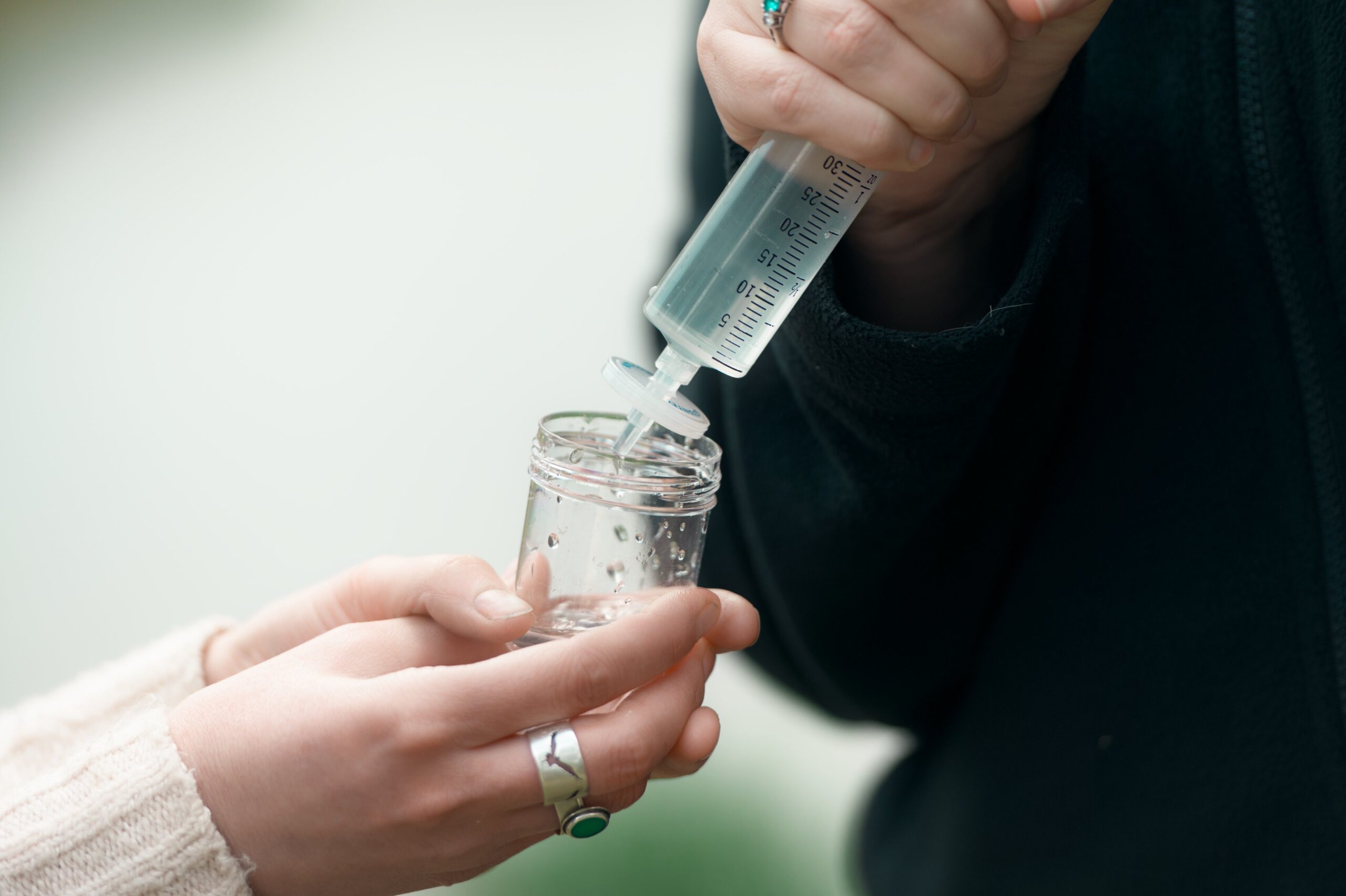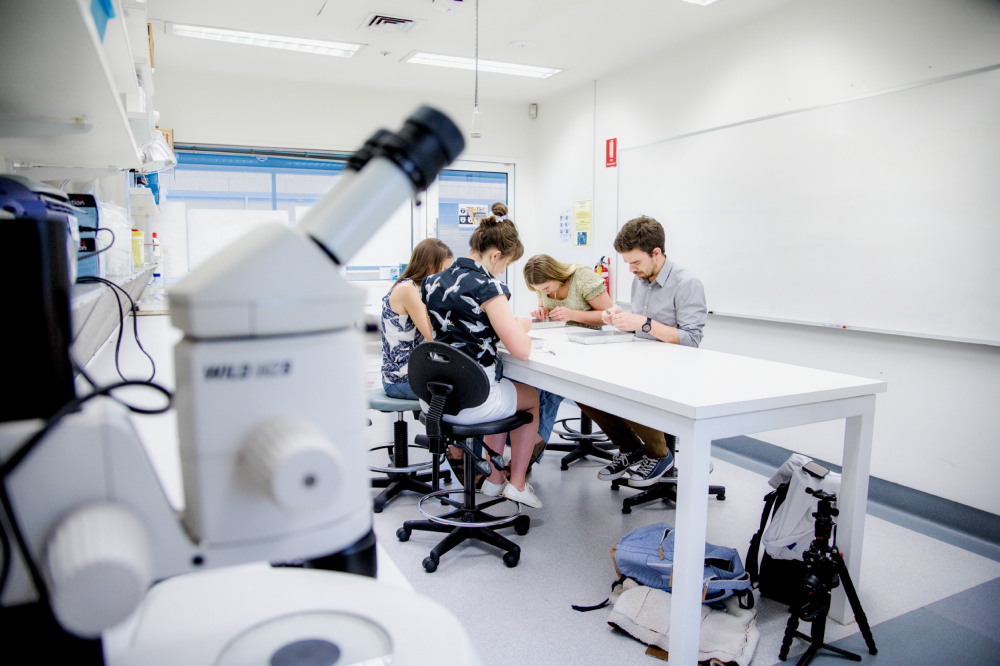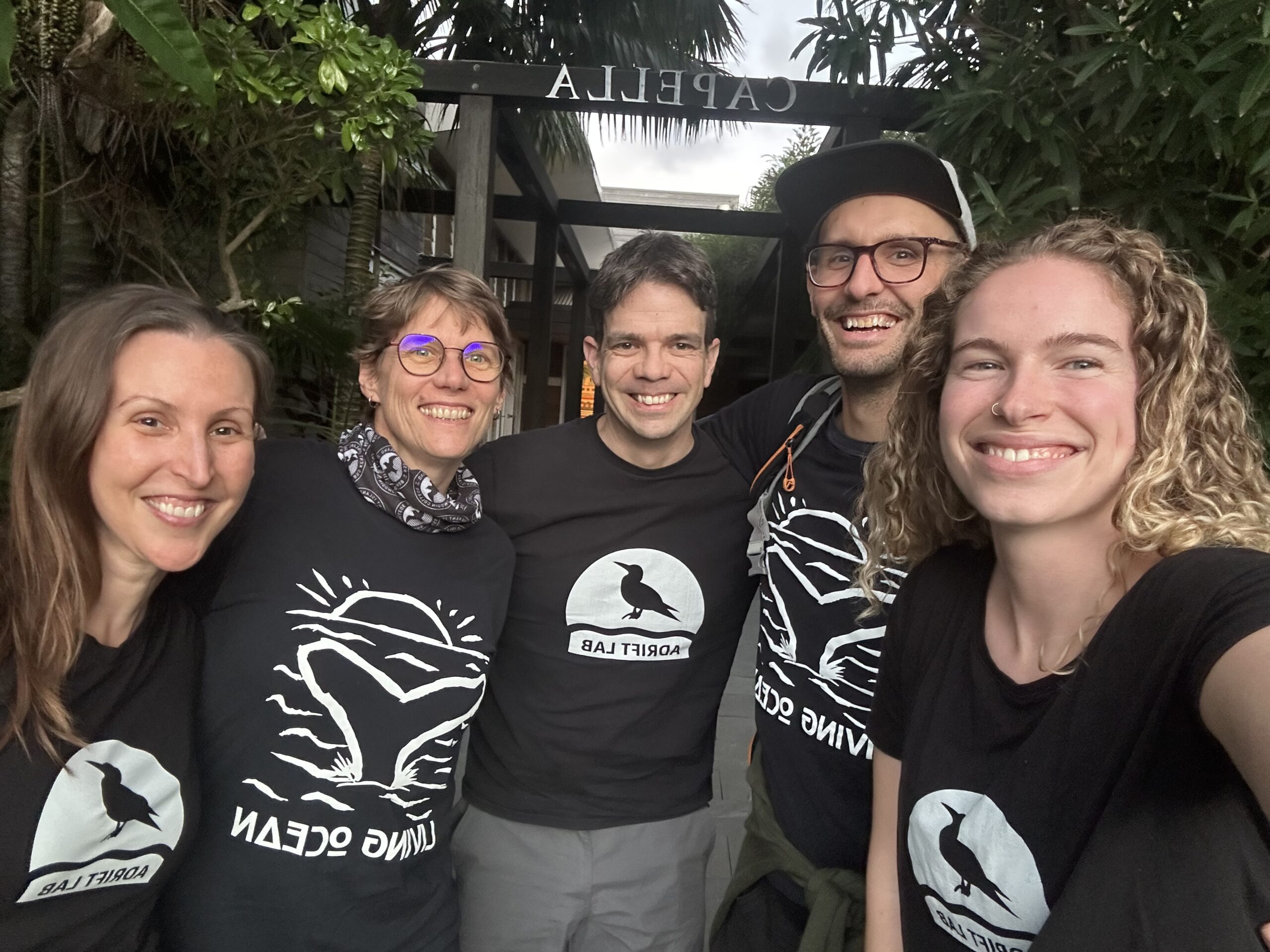
Donate to Adrift Lab

What is Adrift Lab’s funding model, and who are we?
Adrift Lab is a small, but incredibly productive team that has been working on the ocean pollution crisis for nearly two decades. Our team is split roughly 50:50 between Australia and the UK and is a wonderful mix of ecologists, medical scientists, and graduate students.
While most of our team members have applied for government funding (in Australia and abroad) many, many times, sadly, we have never benefitted from such funding. Instead, we survive – correction – we thrive because of support provided by 1 or 2 anonymous donors (philanthropists), NGOs like Pure Ocean and Living Ocean, and the generosity of local community members.
For Adrift Lab, this means we are closely connected with the community, and the community is not only invested in us, but is essential to and shares in our success. We feel this model demonstrates how small communities of passionate, caring folks can have a truly global impact.
How to donate to Adrift Lab and support our research
Adrift Lab does not have DGR (charitable) status, yet (we’re looking into this, but likely don’t have the resources to manage the paperwork and reporting that would be required). To provide folks with a tax deductible receipt, donations to Adrift Lab are therefore directed to Charles Sturt University.
Why CSU? Because Dr Jenn from Adrift Lab has an Adjunct position there, and the University has kindly set us up with a dedicated seabird/plastics research account. Funding held in this account can be used to purchase things such as field gear, flights to sites (eg. Lord Howe Island), and processing of invoices from analytical labs (where feather and tissue samples are analysed).

Donations can be made by either of two methods – it’s entirely up to you to choose which one is easier, or better suits your purposes
Option 1 – Online CSUgive portal
- Select “CSU Foundation Greatest Need” as the cause in the drop down box
- Enter “Jennifer Lavers plastics’ research” in the free text box
Option 2 – Direct deposit
- Banking Details: Charles Sturt University – Special Purpose Account
- Ref No: Jennifer Lavers’ research
- ‘Lavers research’ if you’re limited by characters
- BSB: 062-614
- Account No: 10386300
Will I be issued with a tax-deductible receipt?
Yes. CSU (not Adrift Lab) will issue you a receipt for all donations over $2.
Thank you!
On behalf of the Adrift Lab team, we can’t express how grateful we are for your support – you quite literally make what we do possible! If you require a report or update on any of our activities, please let us know. We regularly update the news section of this website but can also provide custom reports and PDFs of our research papers, as required.
Adrift Lab’s main areas of research
Plastic ingestion by seabirds, particularly on Lord Howe Island. This dataset is now in its 20th year (as of 2025), making it the longest-running timeseries of its kind, globally. We sometimes get asked when the project will end, but it’s too valuable to give up on. We will continue to dedicate our time to this unique and irreplaceable resource for as long as we possibly can.
Understanding an array of highly complex “sublethal” effects of plastics exposure on marine wildlife. While outwardly invisible, the consequences can be devastating at the cellular level and with the help of medical expertise, our team has become widely known for publishing groundbreaking research in this otherwise poorly documented space. For example, we were the first to describe the disease Plasticosis in 2023, and just recently, were the first to document signs of neurogenerative diseases, such as Alzheimer’s, in seabird chicks as young as 80 days old due to plastic pollution.